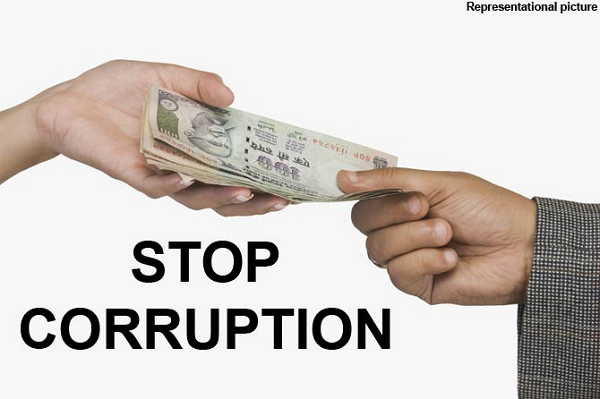The scripture quoted above describes in a literal sense a big river flowing out of Eden and dividing up into four major tributaries.
The phenomenon must have appeared normal at the time of the earth’s creation but in the context of modern geography this will be abnormal.
No big river shares its waters with its tributaries. Instead, it is the tributaries that empty their waters into a big river.
The phenomenon of a big river sharing its waters with smaller ones was, therefore, symbolic of fairness in sharing resources intended for all.
It unequivocally affirms the divine arrangement that good things must flow from a higher plain to a lower plain.
But the dramatic change in this geographical arrangement in the earth’s history has resulted in big rivers receiving waters from small rivers to beef up their sizes.
In a figurative sense, the phenomenon portrays the concept of competitive exclusion where the strong has the edge over the weak in a free market economy.
Paradoxically, with all the claims that we have the finest of minds, we appear to be caught in an orgy of greed, desperately trying to store up against an imaginary apocalypse.
In the process, many otherwise morally sound leaders could not even come out unscathed.
Like the legendary fetish priest, they went in search of an antidote against death and ended up being swallowed up by death itself.
Such, indeed, is the power of corruption.
Approach one
To win this fight, a multi-faceted approach must be adopted.
First, on assumption of office, all political appointees, including those in leadership positions in state institutions, must be taken through a process of spiritual and moral sensitisation as to the enormity of corruption.
Explicit images of the effects of corruption on the citizenry captured on video at home and elsewhere in the world must be shown on the screen for them to watch.
The mortifying effects of such scenes must, of course, be accompanied by images of grisly scenes concomitant with socio-political upheavals in the country and elsewhere in the world where the canker was once endemic.
No details of such images must be skipped.
This sensitisation must be made a regular exercise to impact the sensibilities of appointees.
Counselling and prayer sessions led by spiritual leaders of unquestionable repute must follow the sessions and must be made a prerequisite for appointment.
The purpose is to ensure that these prayers and images engender a completely different perception of corruption, especially at government level and psychologically and spiritually deal a blow to the pervasive tendency by some individuals towards conspicuous consumption.
Irrespective of the multiplicity of religious persuasions among appointees, the power of prayer will enforce the Divine code of conduct on everyone serving the nation in one capacity or another.
Approach two
The second approach to dealing with corruption has to do with identifying what predisposes people to it.
God’s inerrant word makes this clear: “Train up a child in the way he should go and when he is old, he will not depart from it” Proverbs 22: 6.
This scripture implies that moral inputs during childhood invariably determine moral outputs during adulthood.
It highlights the potential dangers implicit in a lifestyle of prodigious indulgence that children from affluent backgrounds are subjected to in their formative years.
Like lions waiting to pounce on their prey, many of such children grow up believing that life is all about having fun and wealth.
If, by reason of a change in parental fortunes, such indulgence cannot be sustained, such children grow up believing that society owes them what they enjoyed doing in the past.
Consequently, on their attainment of leadership positions, all their cravings that had hitherto lain dormant, would revive and lead them on the same path that their predecessors had trodden.
When that happens, the next predictable situation is the influence it will have on others. There are many who are corrupt for the simple reason that they ‘contracted’ it from others.
In a similar manner, a childhood fraught with financial challenges has a potential for the same backlash.
Many corrupt people, ironically, come from such a background.
They abuse their privileged positions because they are haunted by their past financial marginalisation and in their effort to avert a repeat of such experience; they resort to the legendry Kwaku Ananse’s style of feeding with all four limbs.
To ensure national peace and progress, our corruption fight must be given this multi-faceted approach.
If we balance spiritual and moral sensitisation with the policy of vigilantism, naming and shaming and dismissal from office, corruption will be effectively contained and the nation saved from this obnoxious social and economic nuisance.

